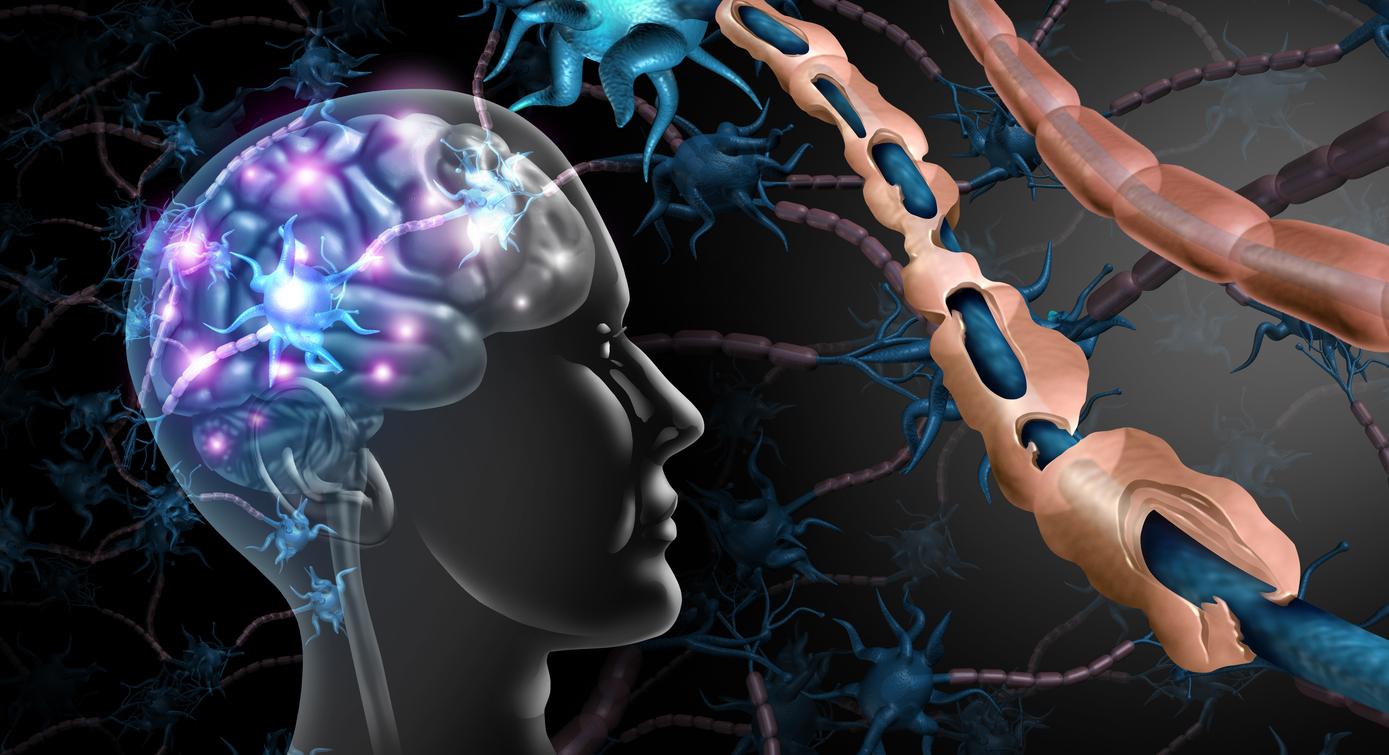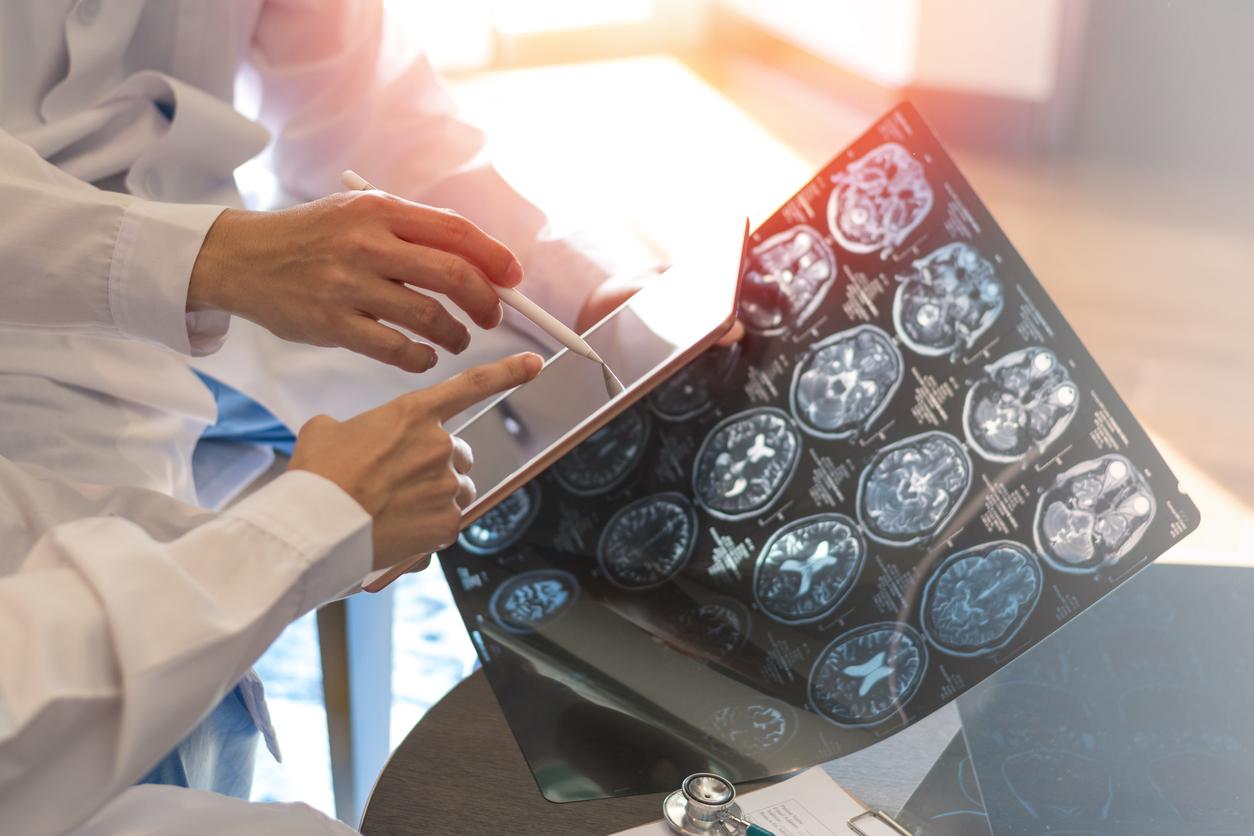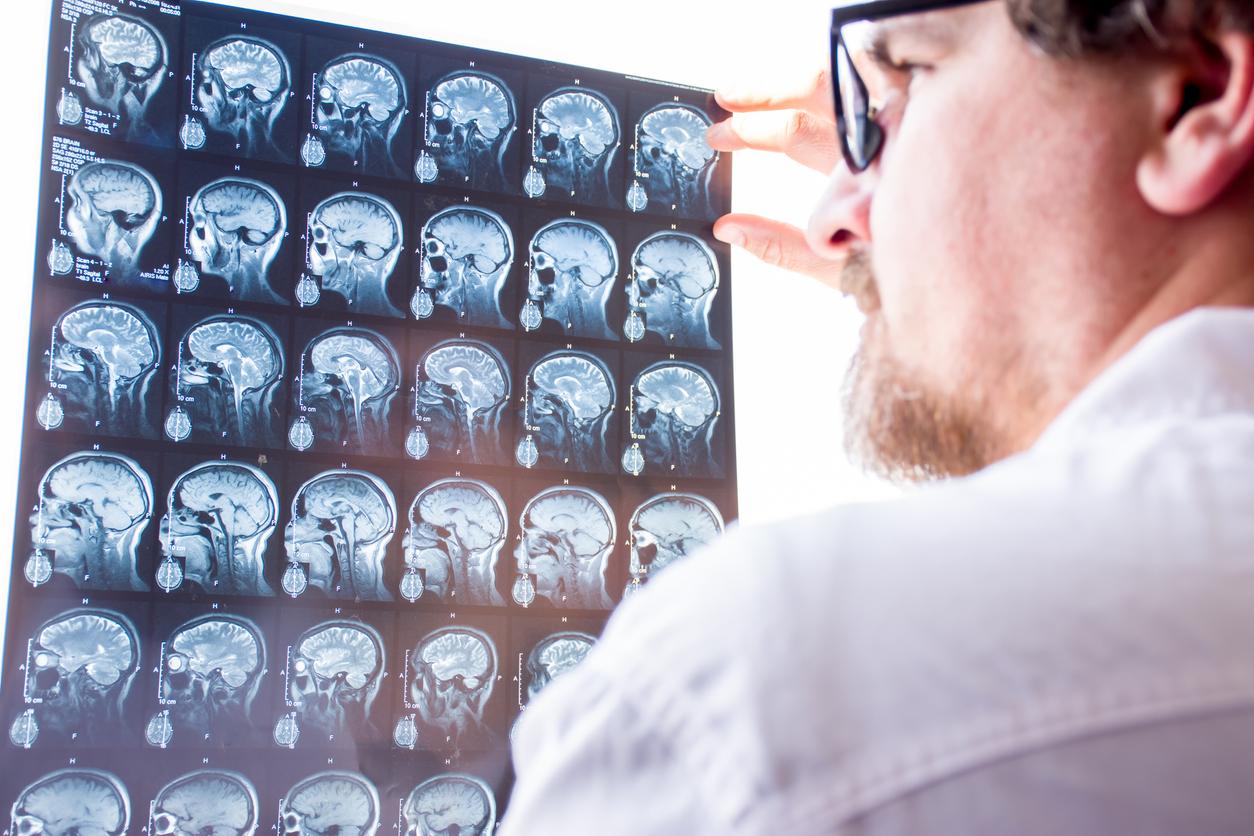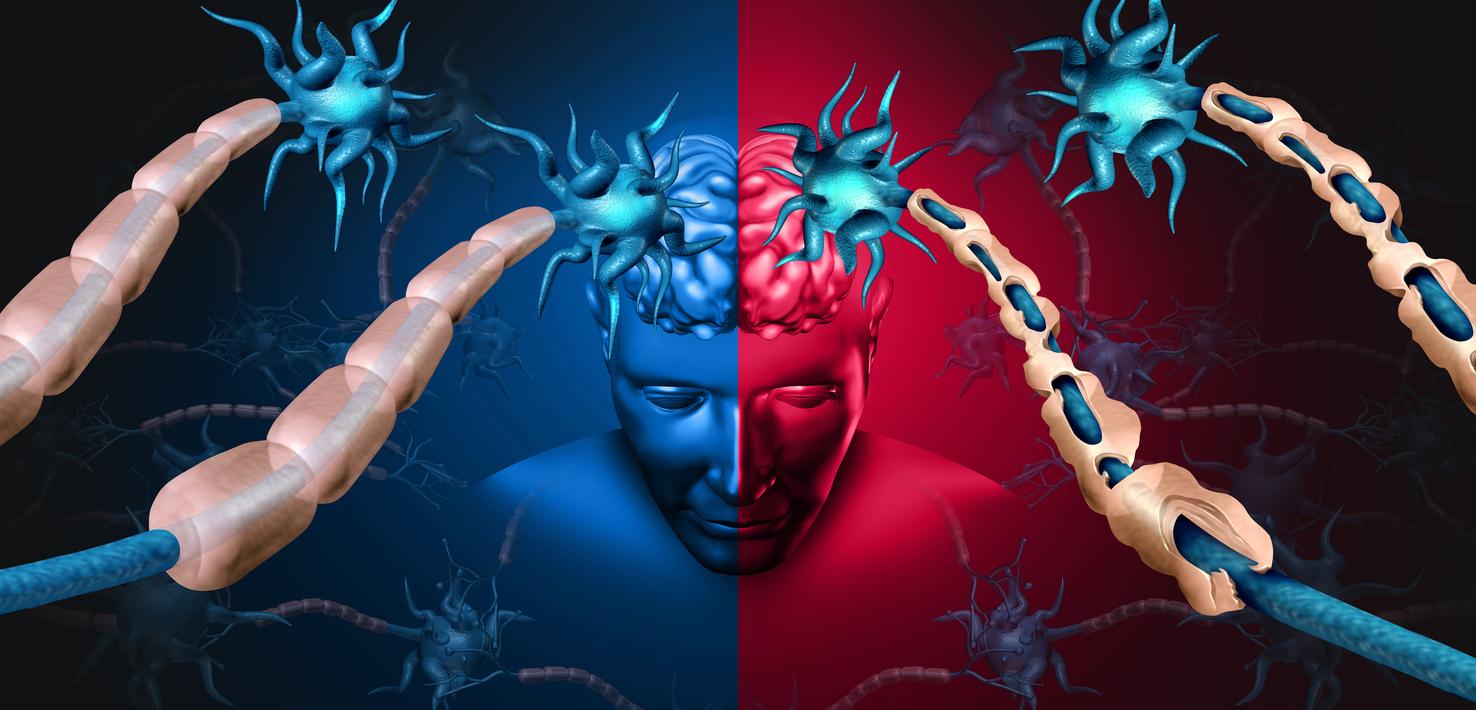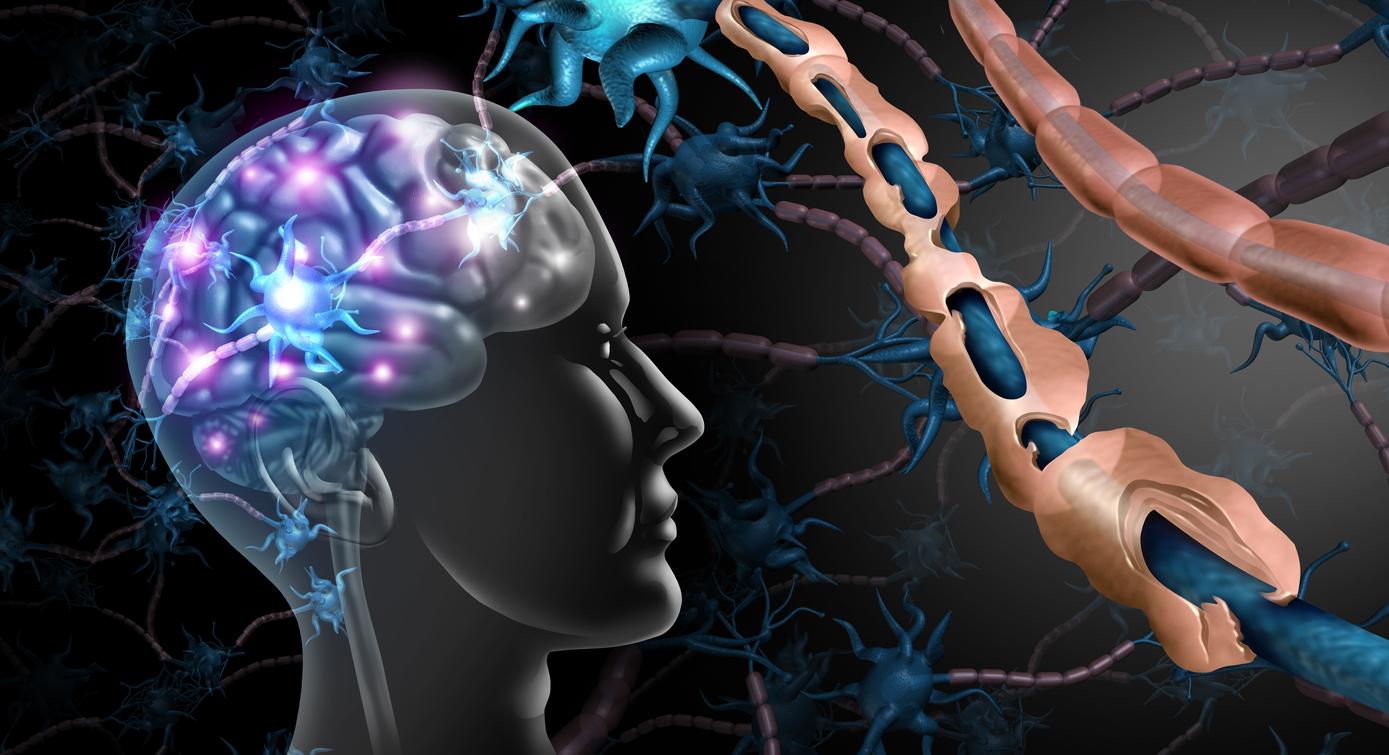At Pitié-Salpêtrière, therapeutic education workshops are offered to patients with multiple sclerosis. An initiative still too rare.

“When you learn you have multiple sclerosis, it’s a cold shower. We have already heard about it but we do not know anything about it, we can already see each other in a wheelchair, says Raphaël, 45 years old. And then there are these workshops. Coming out of there, I had a feeling of well-being. It’s paradoxical, but yes, in the end, I’m lucky ”.
“We are not alone in the disease”
At Pitié-Salpêtrière (Paris), patients with multiple sclerosis (MS) are treated like nowhere else. For ten years, the Parisian hospital has set up therapeutic education workshops – this somewhat catch-all concept, which is explained that it would solve many public health problems and would save millions of euros to the community. Social Security.
Raphaël insists: therapeutic education is not akin to any traditional care. There is no question of a vertical relationship between caregiver and patient, where one knows and dispenses, and the other ignores and suffers. Everything is a matter of collaboration, information and personal involvement of the patient.
Raphaël, 45 years old: ” When we get there, we tell ourselves that we are not alone in this disease. We are spoken to in a language that we understand. “
Autonomous patients
The training takes place over three days. It brings together eight patients, aged 35 on average, who very recently learned their diagnosis and are preparing to take treatment for life. Relatives are also invited to make them aware of the pathology. “At that time, many questions emerge, on life, death, work, children…”, explains Marie-Hélène Colpaert, the nurse and health manager who set up these workshops. Concerns that the two annual consultations with the neurologist planned for these patients, of ten minutes each, clearly fail to allay.
The first day starts with a test of knowledge about the disease, followed by discussion groups between patients. “Be careful, this is about presenting the lives of each person, and not about defining oneself according to their illness,” explains Marie-Hélène Colpaert. Then, the neurologist diffuses a Power Point to explain the pathology – its causes, its symptoms, its treatments, its history, the perspectives of research… The patients gradually appropriate what, unfortunately, will accompany their daily life.
“In the afternoon, we brush up on questions of everyday life,” continues Marie-Hélène Colpaert. Patients are taught all of the symptoms, including how to recognize a relapse. We talk about the possibility of playing sports, having babies, traveling, sunbathing… We talk about urinary and sexual disorders that risk appearing… Everyday life, what. The goal is to make the patient autonomous, and to ensure that he controls his disease ”.
Marie-Hélène Colpaert, nurse and health manager at Pitié-Salpêtrière: ” They are provided with a list of contact details for health professionals – sexologist, urologist, psychologist…. That way, if one day they need it, they will know what to do. “
When the patient chooses his treatment
On the second day, health professionals present them with all the treatments available against multiple sclerosis. They handle the syringes, scrutinize the tablets… The patients know that they will have to follow this treatment scrupulously. But it’s up to them to choose what they prefer to administer.
“Each treatment has its advantages and disadvantages. Some are easier to take but have more side effects. Others are less comfortable but better supported. When a patient chooses his treatment, he does not abandon it. While usually studies show that 35% of patients stop them after two to three years! », Explains Marie-Hélène Colpaert.
An afternoon follows with a psychologist who discusses central questions. How to communicate about his illness? How to explain it to his children? Who to tell? An “expert patient”, who himself participated in these workshops, recounts his experience to the group.
The third and last day is held six weeks later. This is the opportunity to take stock of the treatment. A social worker explains to patients their rights with regard to work, real estate loans, sick leave, etc.
Marie-Hélène Colpaert, nurse and health manager at Pitié-Salpêtrière: ” After the training, patients have our email address and can ask us all their questions. A patient once told me: ‘you are the lighthouse in the fog’ “
In France, training in therapeutic education is extremely rare. In Marseille, for example, there are workshops similar to the Hôpital de la Timone for patients who have suffered a stroke. But these trainings always come from the initiative of certain practitioners, particularly motivated. And yet, the application of the concept is highly desired by patients and healthcare professionals themselves. “For us caregivers, it’s very rewarding,” explains Marie-Hélène Colpaert. And then it also makes it possible to avoid unnecessary visits to the emergency room, since the patient does not panic and knows how to distinguish a real outbreak from a pseudo-outbreak ”. When will these practices become more widespread?

.










